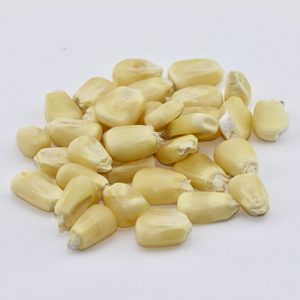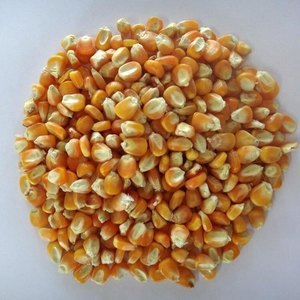Introduction to Specification for White Corn
White corn is a staple cereal grain that plays a crucial role in global food production and agricultural markets. Its unique characteristics make it a preferred choice for numerous culinary applications, particularly in the Americas and parts of Africa. The specification for white corn outlines the standards and quality parameters to ensure that this grain meets the required criteria for consumers and industries alike.
Types of Specification for White Corn
When exploring specifications for white corn, it's vital to understand that there are several types based on usage and processing methods, each with its own distinct characteristics:
- Food Grade White Corn: This type is intended for human consumption and meets high standards for quality and safety.
- Feed Grade White Corn: Primarily used for animal feed, this corn may not meet food standards but is still nutritious for livestock.
- Hybrid White Corn: Crossbred varieties designed for enhanced yield, pest resistance, and better adaptability to different climatic conditions.
- Organic White Corn: Grown without synthetic pesticides or fertilizers, meeting organic agriculture standards, attracting health-conscious consumers.
Applications of White Corn Specification
The specification for white corn plays a crucial role across various sectors, highlighting its versatility and importance. Some notable applications include:
- Culinary Uses: White corn is used in a variety of dishes, from tortillas and snacks to cornbread and porridge, primarily in regions like Mexico and the Southern United States.
- Industrial Uses: Many food processing companies utilize white corn in products such as cornstarch, corn syrup, and other derivatives.
- Animal Feed: White corn is a significant component in livestock diets due to its high energy content and digestibility.
- Ethical and Sustainable Farming: Specifications help promote sustainable practices in farming, ensuring that agricultural processes do not harm the environment.
Features and Quality Benefits of White Corn Specification
Understanding the features related to the specification for white corn enhances the quality assurance process and consumer satisfaction:
- Moisture Content: Specifications often dictate a moisture content level of 13-15% to prevent mold and ensure shelf stability.
- Kernel Appearance: High-quality white corn has a uniform texture, color, and size, appealing to consumers and processors alike.
- Purity Requirements: Specifications include strict guidelines on the presence of foreign materials, ensuring a clean product.
- Nutritional Value: Adherence to specifications guarantees acceptable levels of carbohydrates, proteins, fats, vitamins, and minerals.
- Compliance Standards: Specifications align with international regulations, ensuring that the product meets safety and quality benchmarks.
Advantages of Understanding White Corn Specifications
Grasping the specification for white corn offers numerous advantages for stakeholders in the agriculture and food sectors:
- Informed Purchasing: Buyers can make educated decisions, ensuring they procure high-quality corn that meets their needs.
- Consistency in Quality: Specifications ensure uniformity, resulting in predictable quality and performance in final products.
- Market Competitiveness: Suppliers who adhere to strict specifications can distinguish their products in the marketplace, appealing to discerning buyers.
- Improved Health Outcomes: By promoting high-quality corn, specifications contribute to enhanced nutritional standards, benefiting consumers' health.















































































































































































































